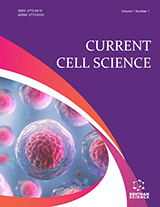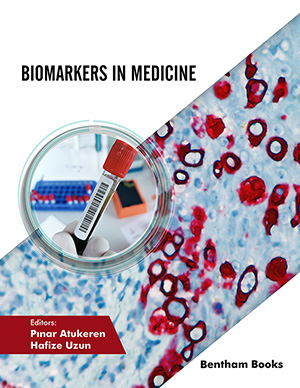Abstract
Pregnancy is a physiological condition associated with β-cell mass expansion occurring in response to increased insulin demand. If the insulin resistance is not compensated by proper augmented insulin production gestational diabetes will occur. As reviewed herein, pregnancy induced hormonal changes have occupied scientists since the beginning of the last century where important discoveries of the hormonal regulation of metabolism during pregnancy have been accomplished. Of the multiple hormonal and metabolic changes the somatolactogenic hormones, placental lactogens (PL) and placental growth hormone (GH-V) are the most described and are found to have dual roles by induction of insulin resistance and promotion of β-cell function and expansion. More recently, the direct effects on isolated pancreatic islets and the influence of signaling pathways involved in the adaptation of β-cell growth and function during pregnancy have been elucidated. This has identified contributions of a number of known peptide hormones and growth factors (EGF, NGF, HGF, IGFs, GLP-1) and steroid hormones (progesterone, estrogens, glucocorticoids). In addition, glucokinase has been found to be essential for the both proliferation and glucose stimulated insulin secretion during pregnancy. Some transcriptional activators and repressors (FoxM1, HNF4α, Myc, Bcl6, Men1) have been implicated in β-cell growth and survival, but also systemic factors like betatrophin, serotonin and osteoprotegerin have been reported to stimulate β-cell proliferation during pregnancy. Gene expression studies and proteomics of islets from pregnant rodent have furthermore revealed upregulation of a number of genes (e.g. cyclophilin B, stathmins, dlk-1, trefoil factor-3 and several others) that may influence β-cell growth and function during pregnancy although the mechanisms driving these changes are not yet known. Similarly, circulating factors in serum from pregnant women have been identified. Among the stimulating factors are peptide fragments of alpha-1 antitrypsin, kininogen-1, apolipoprotein-1, fibrinogen alpha chain and angiotensinogen. An intriguing question remains about the origin of the increased β-cell mass in pregnancy. In humans, studies have primarily reported an increase in the number of small islets, suggesting that neogenesis as the primary driver of β-cell mass expansion in human. In rodents, however, β-cell replication is believed to be the primary mechanism, although increased expression the neogenesis marker, neurogenin-3, has also been reported in pancreas of pregnant rodents. Interestingly, recent studies have suggested that the apparent loss of β-cells occurring during development of diabetes may be due to dedifferentiation rather than cell death, suggesting contributions from mechanisms going beyond neogenesis and replication. In summary, gestational diabetes (GDM) is associated with lack of appropriate adaptation of the β-cells that may be due to a reduced pre-pregnancy β-cell mass, lack of stimulating hormones and growth factors or appearance of β cytotoxic metabolites or factors. This chapter reviews the existing knowledge of multiple factors and put forward new mechanisms of pregnancy induced β-cell mass expansion, which are not yet completely understood.
Keywords: Diabetes, Growth hormone, Insulin, Pancreatic β-cells, Pregnancy, Prolactin.






















